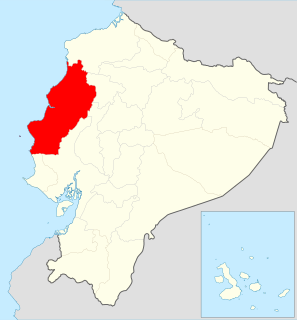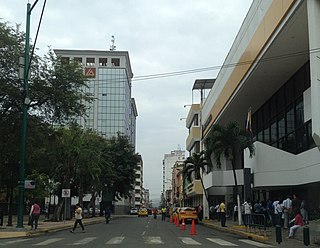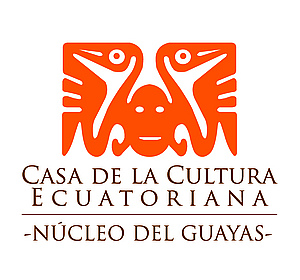
Luis Cernuda Bidón was a Spanish poet, a member of the Generation of '27. During the Spanish Civil War, in early 1938, he went to the UK to deliver some lectures and this became the start of an exile that lasted till the end of his life. He taught in the universities of Glasgow and Cambridge before moving in 1947 to the US. In the 1950s he moved to Mexico. While he continued to write poetry, he also published wide-ranging books of critical essays, covering French, English and German as well as Spanish literature. He was frank about his homosexuality at a time when this was problematic and became something of a role model for this in Spain. His collected poems were published under the title La realidad y el deseo.

Octavio Paz Lozano was a Mexican poet and diplomat. For his body of work, he was awarded the 1981 Miguel de Cervantes Prize, the 1982 Neustadt International Prize for Literature, and the 1990 Nobel Prize in Literature.

Rafael Alberti Merello was a Spanish poet, a member of the Generation of '27. He is considered one of the greatest literary figures of the so-called Silver Age of Spanish Literature, and he won numerous prizes and awards. He died aged 96. After the Spanish Civil War, he went into exile because of his Marxist beliefs. On his return to Spain after the death of Franco, he was named Hijo Predilecto de Andalucía in 1983 and Doctor Honoris Causa by the Universidad de Cádiz in 1985.

José Ignacio Javier Oriol Encarnación de Espronceda y Delgado was a Romantic Spanish poet, one of the most representative authors of the 19th century. He was influenced by Eugenio de Ochoa, Federico Madrazo, Alfred Tennyson, Richard Chenevix Trench and Diego de Alvear.
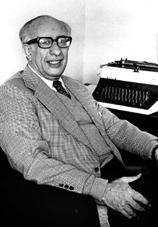
Alejandro Carrión Aguirre was a poet, novelist and journalist. He wrote the novel La espina (1959), the short story book La manzana dañada (1983), and numerous poetry books. As a journalist he published many of his articles under the pseudonym "Juan Sin Cielo." In 1956 he founded, along with Pedro Jorge Vera, the political magazine La Calle. He directed the literary magazine Letras del Ecuador. He received the Maria Moors Cabot prize (1961) from the Columbia University Graduate School of Journalism as well as the Ecuadorian National Prize Premio Eugenio Espejo (1981) for his body of work. He was the nephew of Benjamín Carrión and Clodoveo Carrión.
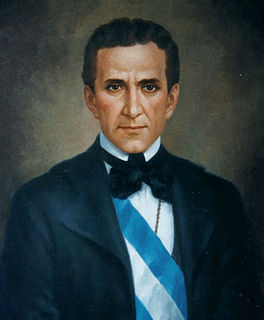
José Joaquín de Olmedo y Maruri was President of Ecuador from March 6, 1845 to December 8, 1845. A patriot and poet, he was the son of the Spanish Captain Don Miguel de Olmedo y Troyano and the Guayaquilean Ana Francisca de Maruri y Salavarría.

Alfredo Pareja Diezcanseco — born Alfredo Pareja y Díez Canseco — was a prominent Ecuadorian novelist, essayist, journalist, historian and diplomat. An innovator of the 20th-century Latin American novel, he was a founding member of the literary Grupo de Guayaquil. The government of President Jaime Roldós Aguilera (1979–81) appointed him Chancellor of the Republic and he served as Foreign Minister of Ecuador (1979–80) and Ambassador to France (1983–84).
Leopoldo María Panero was a Spanish poet, commonly placed in the Novísimos group. Panero is the archetype of a decadence as much cultivated as repudiated, but that decadence has not stopped him from being the first member of his generation in being incorporated to the classic Spanish editorial Cátedra, to have a splendid biography written by J. Benito Fernández and being included in the literary history, anthologies and academical programs.

Luis (Leopoldo) Franco was an autodidact, a self-made intellectual, essayist, and poet. He was the son of Luis Antonio and Balbina Acosta and lived most of his life in his native province far from the limelights of Buenos Aires and the academic world which he sincerely despised in favor of a bucolic and rural setting of his father's cattle farm in Belén. At age seventeen Franco was awarded a literary prize for his Oda primaveral. Franco traveled a considerable distance to receive the award riding on a mule's back from Catamarca Province to Tucuman. The attitude raised a few eyebrows in Buenos Aires and a relevant article was publish in the prestigious magazine Caras y caretas relating the story of this promising young author. The first literary personality to open the doors to Franco was Horacio Quiroga. Quiroga would eventually introduced Franco to Leopoldo Lugones who recognized his talent and potential. Soon Franco became a recognizable name in the literary world of his time making the acquaintance of Roberto Arlt, Gabriela Mistral and Juana de Ibarbourou amongst others. However, Luis Franco found it difficult to coexist with the cultural apparatus and the bourgeois-style of other intellectuals in Buenos Aires, and soon -after completing his High School degree- returned to his hometown of Belén. In Belén, Franco resided most of his adult life doing what he loved most: working the land, reading and writing. As a result of a personal crisis –coincidental with the military coup of general José Evaristo Uriburu in 1930- Franco dissociates himself from right wing revisionists such as Lugones and begins an audacious journey of introspection in the nature of Argentina's political past. The result is a copious bibliography of essays where the ghost of saints and devils of Argentina's turbulent 1800's comes to life in a unique fashion, one that perhaps Franco only shares with Ezequiel Martínez Estrada.
"Here´s a pagan poet who loves life and sings to life because it finds beauty her delightful expression of love" Leopoldo Lugones, 1923
Manuel José Leonardo Arce Leal (1935–1985) was a Guatemalan poet and dramatist.
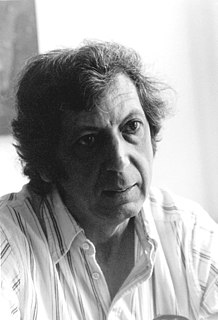
José María Valverde Pacheco was a Spanish poet, essayist, literary critic, philosophy historian, and Spanish translator.

Leonardo Garet is a Uruguayan writer teacher, and member of the National Academy of Uruguay.
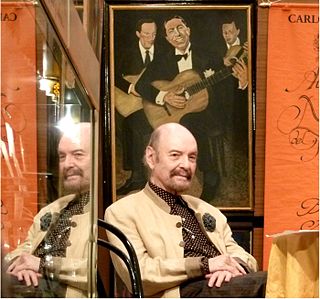
Horacio Ferrer was a Uruguayan - Argentine poet, broadcaster, reciter and tango lyricist. He is particularly well known for having composed the lyrics for tangos by Astor Piazzolla, such as Balada para un loco and Chiquilín de Bachín.
Juan José Morosoli was a Uruguayan writer. His masterpiece is Perico, a collection of short stories for children, which included "Arenero" and "La Querencia Olvidada" in 1947.
Antón Arrufat Mrad is a Cuban dramatist, novelist, short story writer, poet and essayist.

Rafael Díaz Ycaza was an Ecuadorian poet, novelist, short story writer, and columnist for the Ecuadorian newspaper El Universo.

Jorge Pérez Concha was an Ecuadorian historian, biographer, writer, and diplomat.
Nicomedes Guzmán, was a Chilean writer, editor, poet, and novelist.
Tomás Ares Pena, known as Xan das Bolas was a Spanish comic actor active during the franquism with flims including Botón de ancla (1961).

